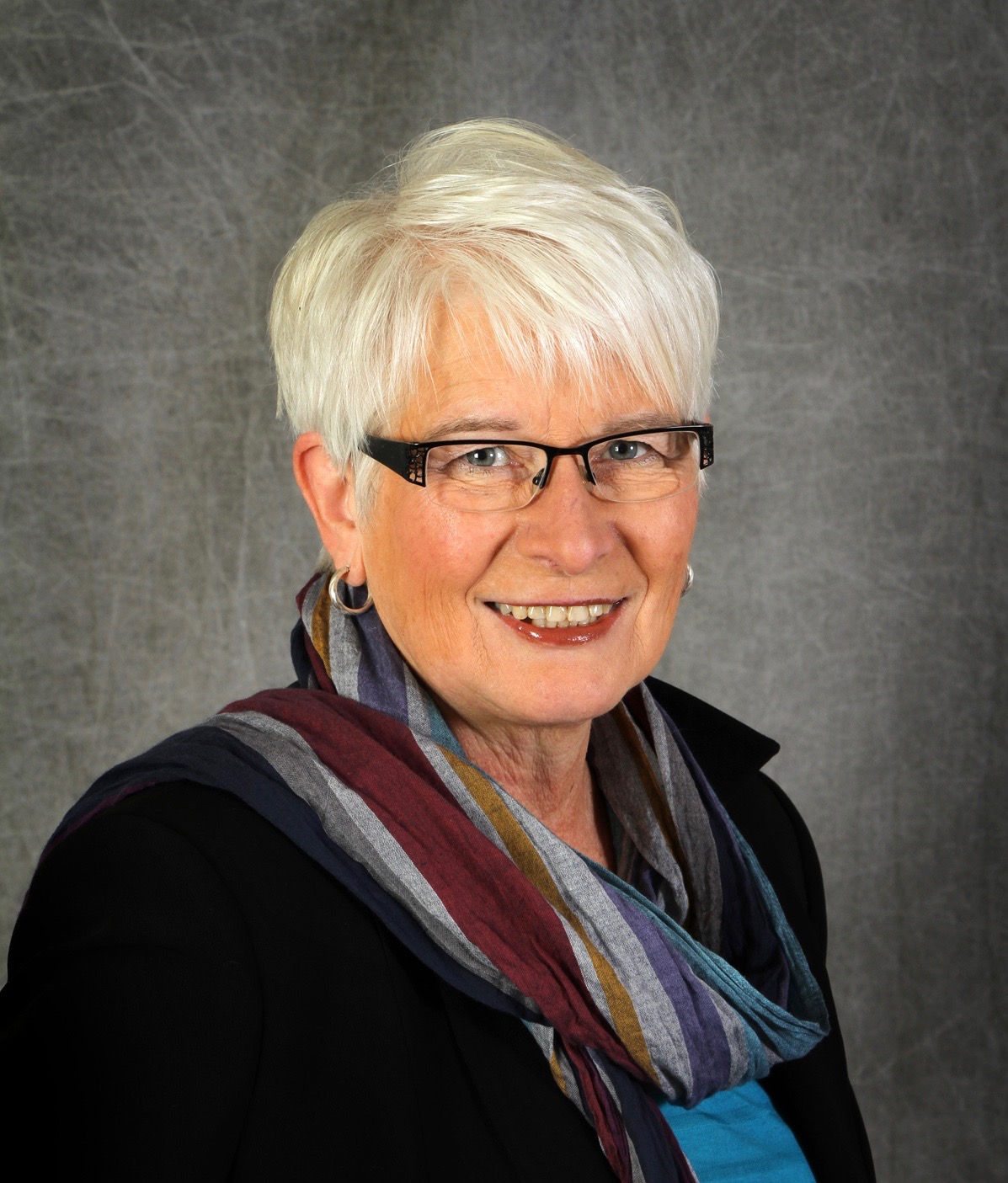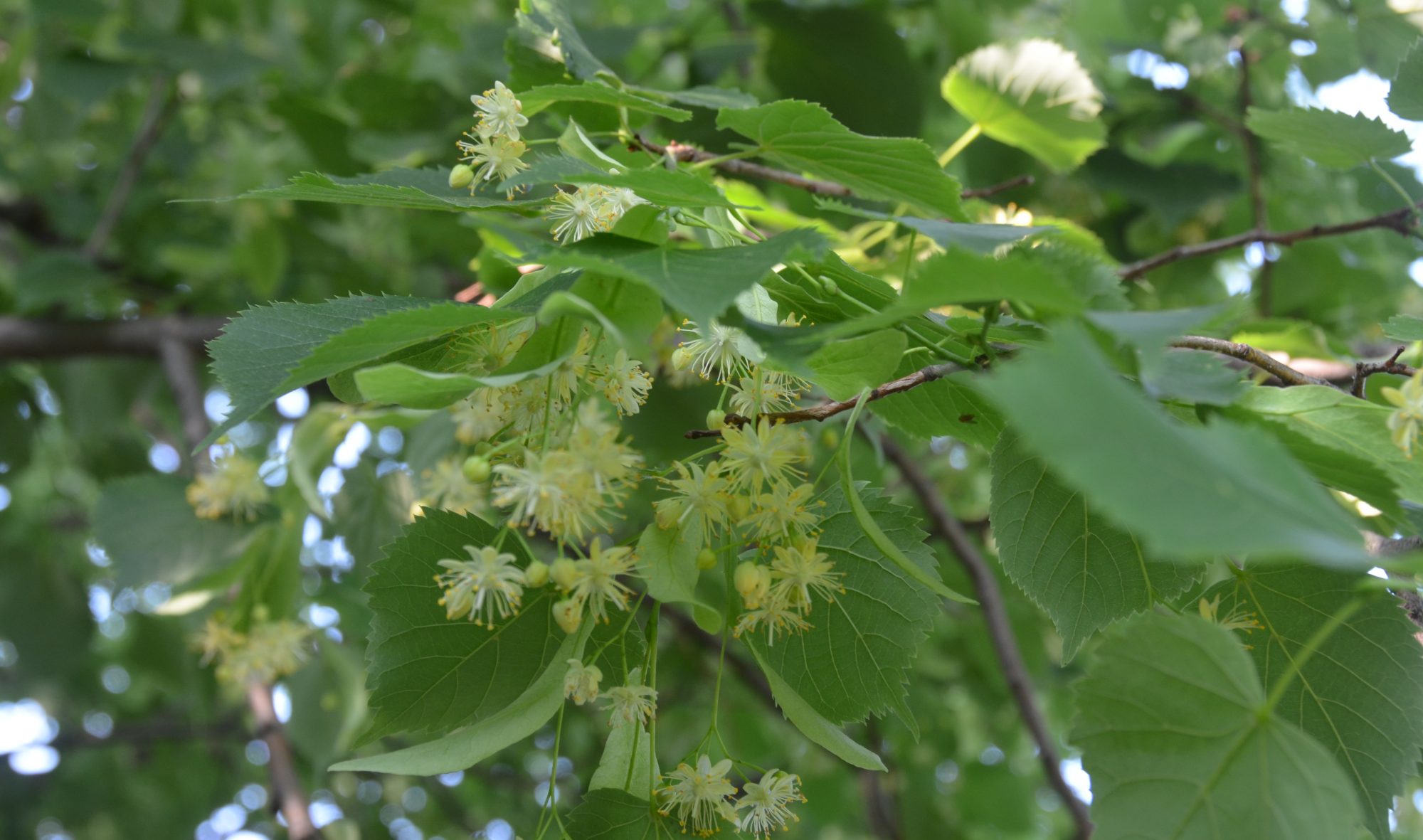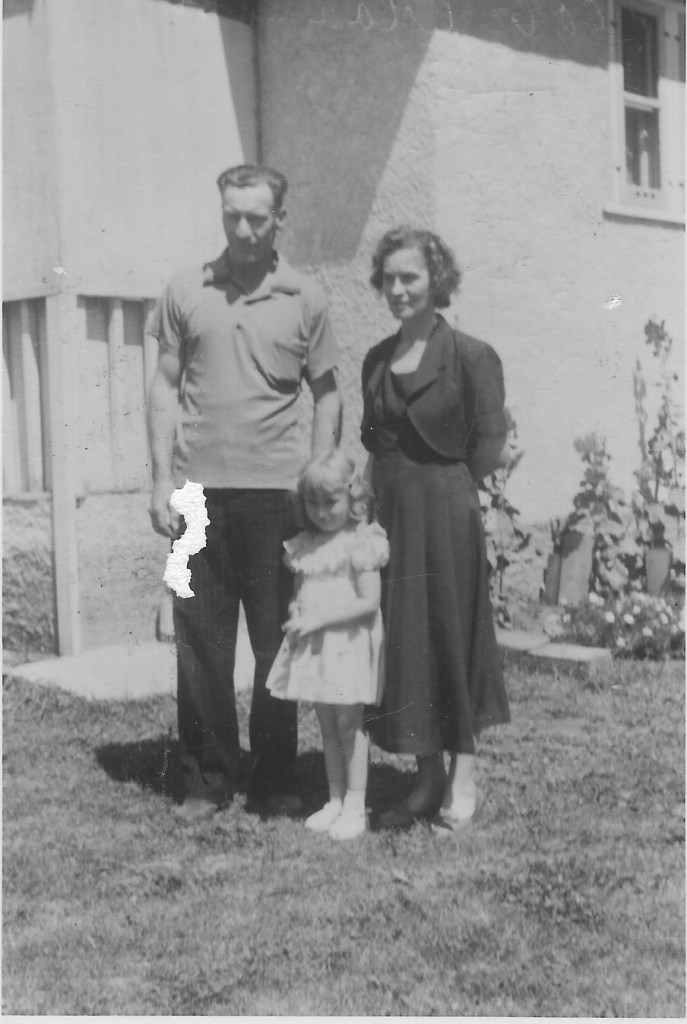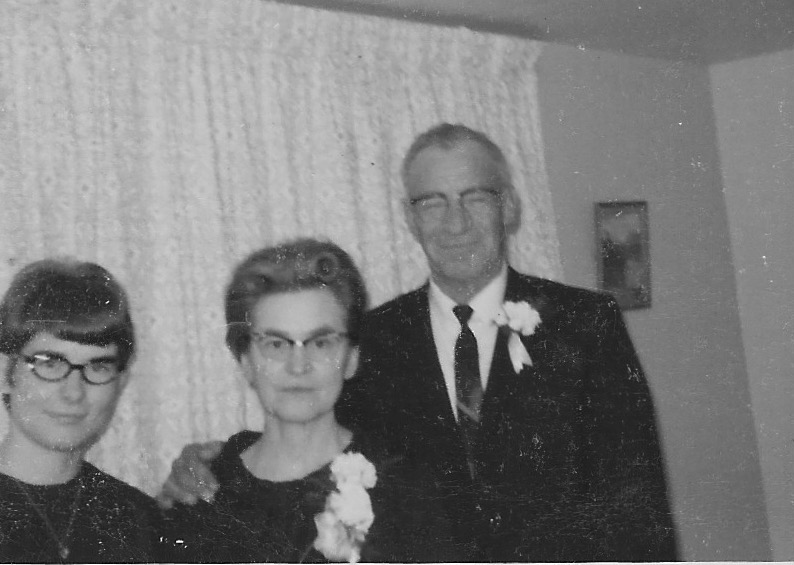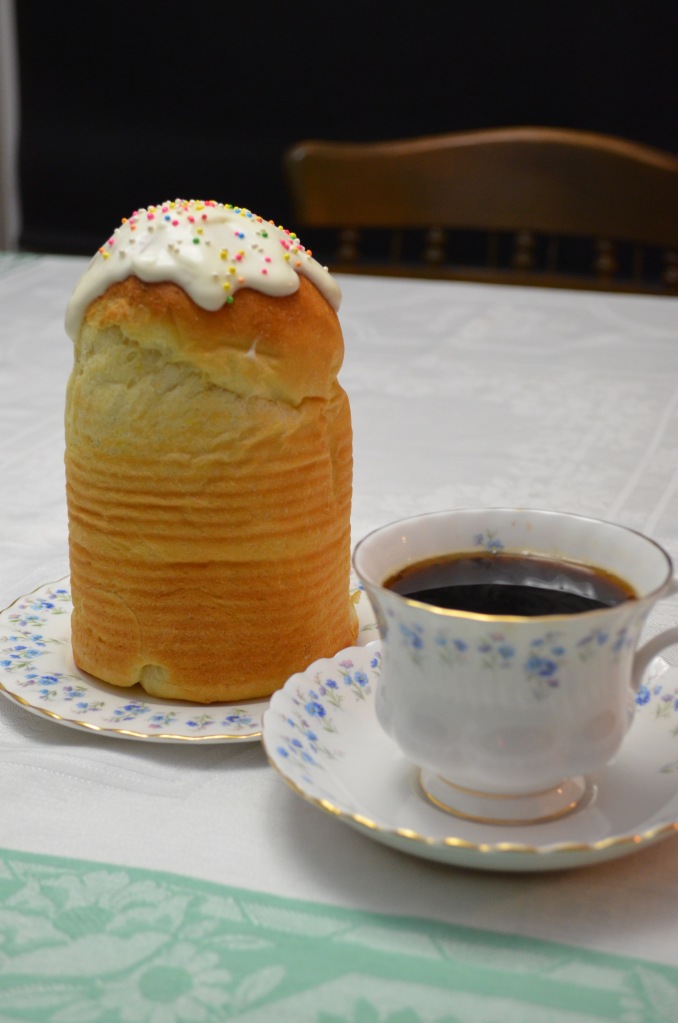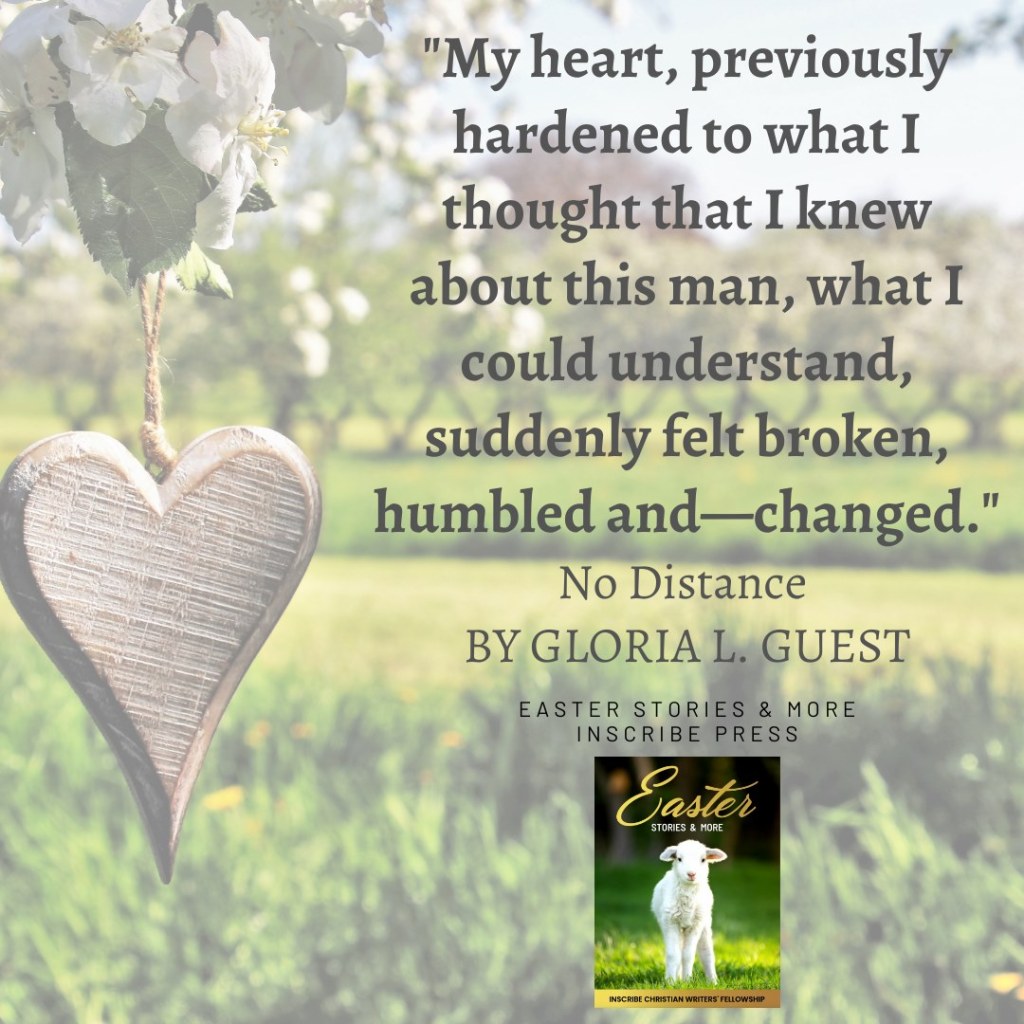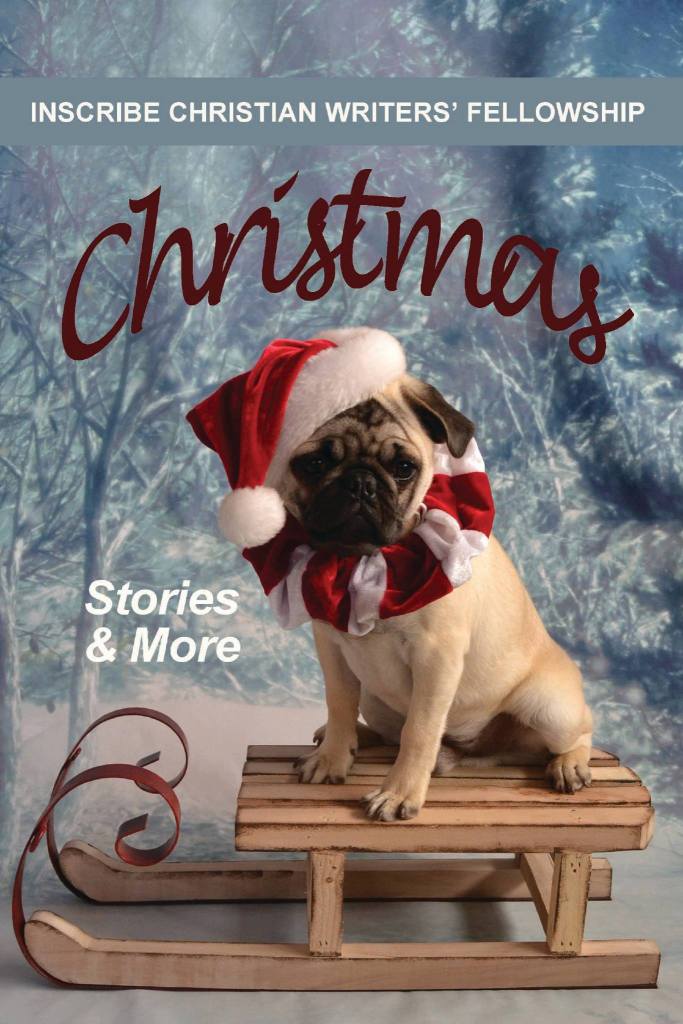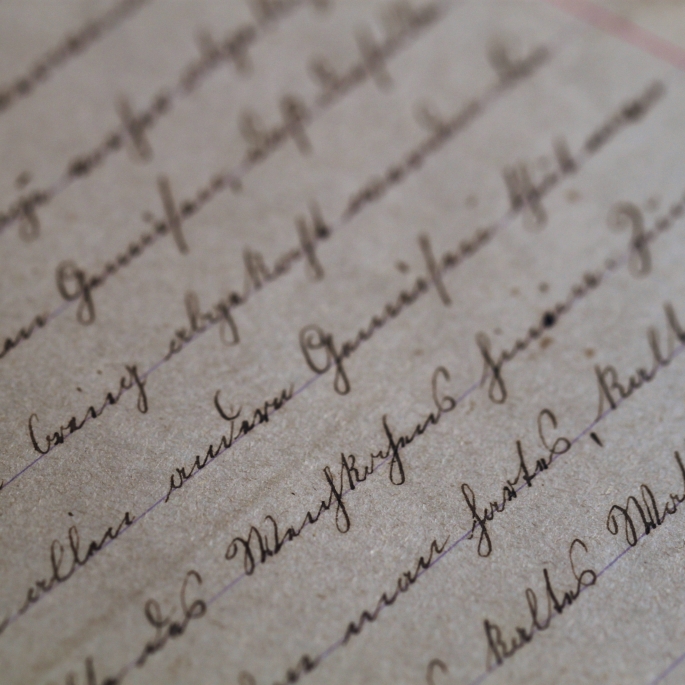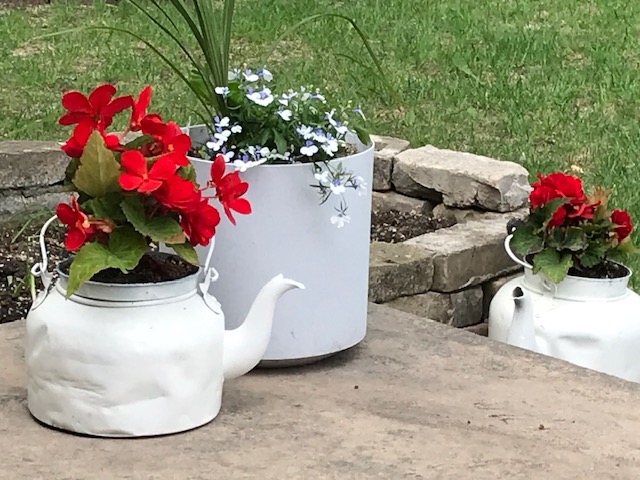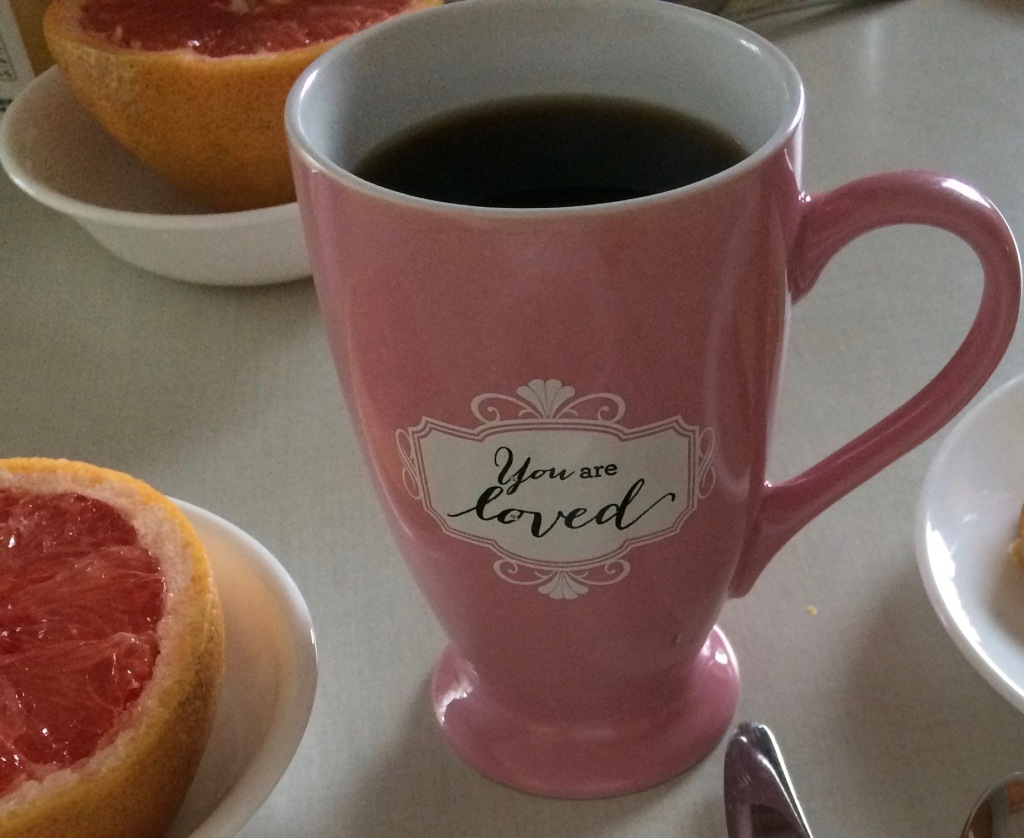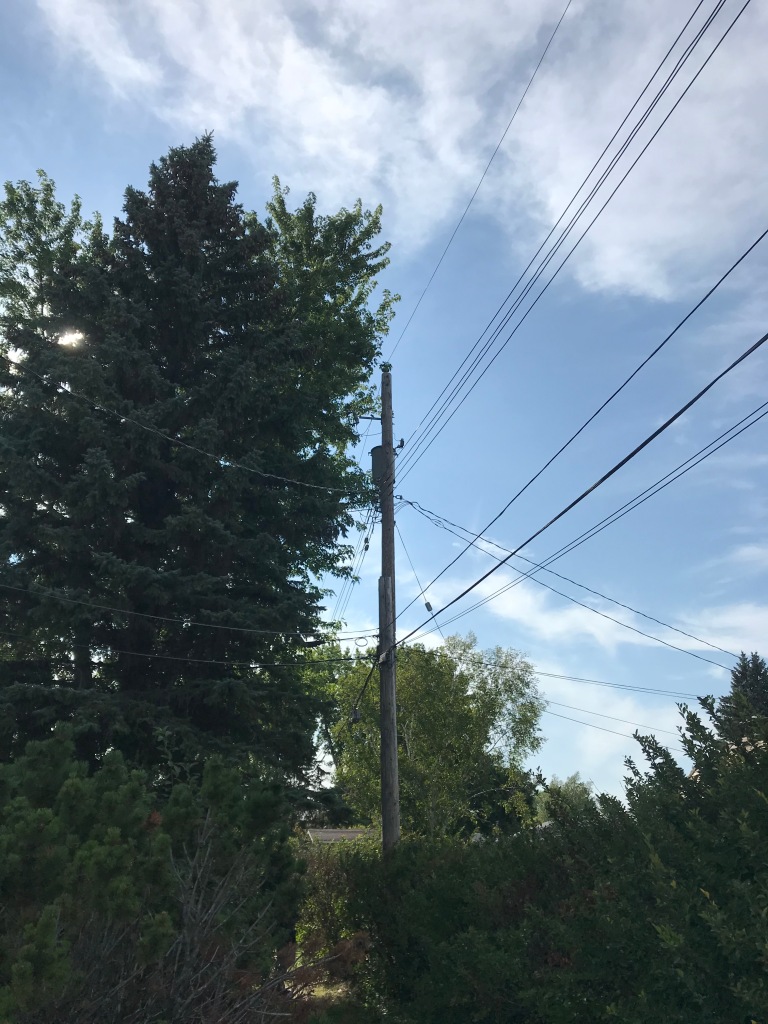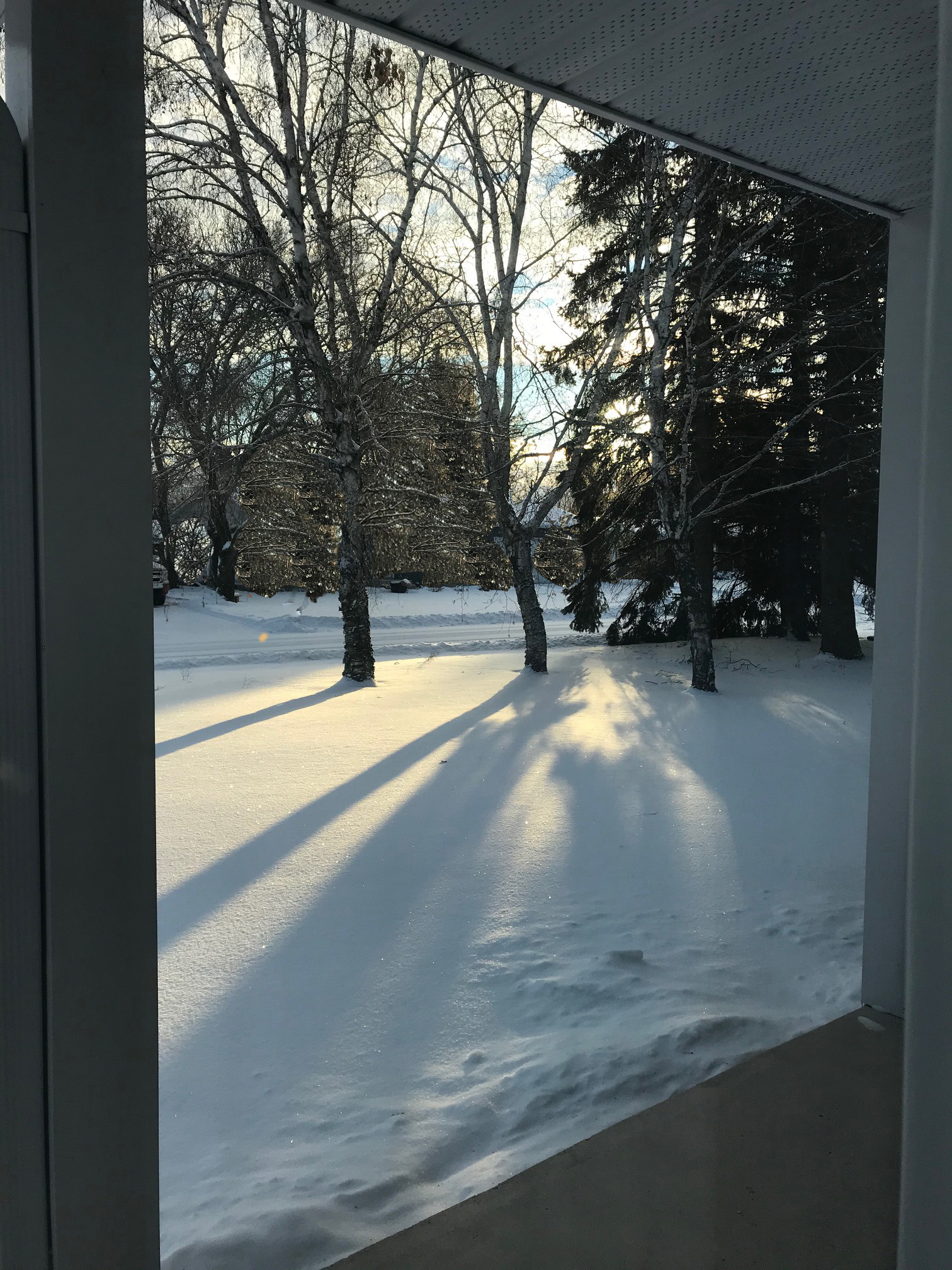
“I suppose you think that is odd.” We were part of a small family group touring the Canadian ship.The naval officer had just told us he was the one responsible for releasing torpedoes. He knew our family background includes a strong pacifist stance.
I had not given any thought to possible discussions of values before we started the tour. We had simply accepted the invitation, and appreciated the opportunity to learn more about our country, about a naval ship, and about the man and his family. My response was as much a surprise to me as it may have been to the officer.
“I’d rather have someone like you, a man of faith and integrity, in that position, than someone who has no regard for God.”
Perhaps he would have been just as surprised to find out my extended family actually includes both army and air force veterans.
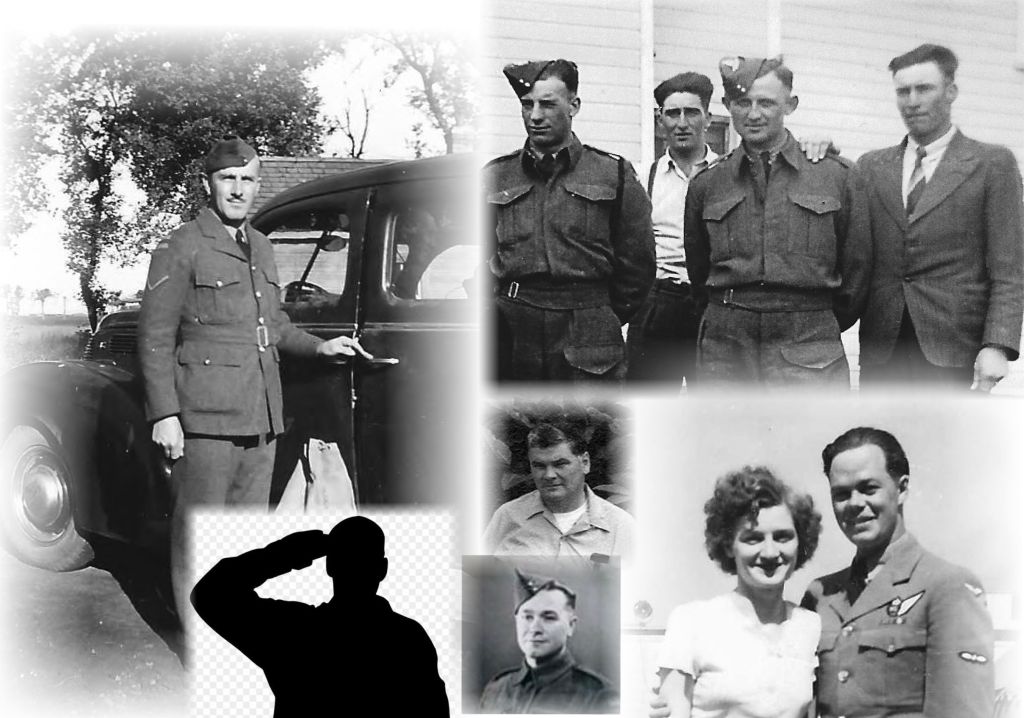
Abe “Hap” Heppner, Henry “Happy” Heppner, Andrew Lagimodiere, Raymond Lagimodiere, Peter Klassen, and Svend Jensen (listed in order of age) served with the Canadian military, while John C. Klassen served as a CO. Now, I wish I would have been more thoughtful, inviting my aunts and uncles to tell of their experiences.
I’m grateful some of them left memoirs and other writing, like the Alternative Service Memoirs Uncle John and Jake Krueger compiled and published.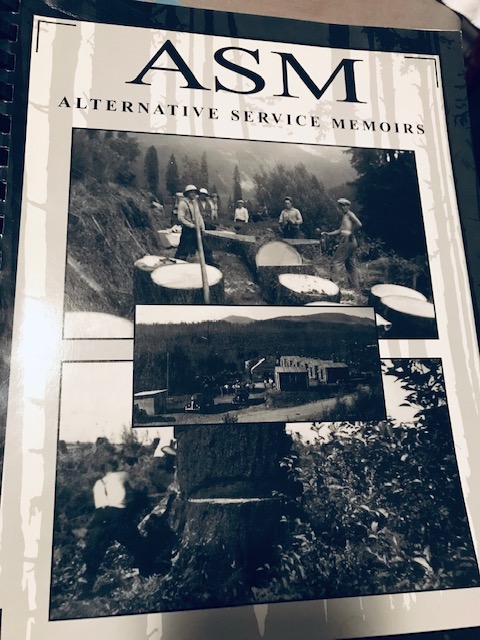
This knowledge came to me gradually. Some awareness was generated because of the extensive collection of beautiful china and glassware gifts my uncles had brought their mother when they came home either on leave or after World War II. The old glass display cabinet was crowded with a fascinating jumble of pieces, off limits to little fingers.
There were also other European gifts, stashed away in other mysterious cabinets, like the authentic Dutch “klompen” I was allowed to wear occasionally.
Was military involvement ever a hot discussion topic? It may have been; my maternal grandfather loved an animated debate! While I recall some lively talk around the table after a hearty meal of old-fashioned smoked ham and “Pluma Moos” (a fruit compote) or cabbage borscht and buns, I can’t recall any anger. The men discussed, the women chatted and laughed, and we kids were largely ignored, so we were free to listen in, to run about or to play wherever we found space.
I do recall that my grandparents welcomed all my aunts and uncles and were happy for their visits. Not only were there former military people in the family mix, but the blend of Indigenous, Scottish, French-Canadian, Scandinavian and Mennonite sap in our family tree blended so that I learned about these backgrounds just as casually as I did about the various career backgrounds.
This was my mother’s family; Dad’s family mix was a little different, but there, one uncle served in the military and one, the middle son, prepared and published an all-Scripture catechism for conscientious objectors who chose to use it when they made their court appeal, seeking approval for exemption from active combat.
My “Mennonite” background is not completely steeped in pacifism. I gained valuable lessons from my grandparents, my parents and my aunts and uncles for they modeled mutual appreciation and respect even though differences* existed.
If only we could see more of that today. Who could have foreseen there’d be so much animosity and even violence because of differences of opinion?
“Finally, brothers and sisters, whatever is true, whatever is worthy of respect,
whatever is just, whatever is pure, whatever is lovely, whatever is commendable,
if something is excellent or praiseworthy, think about these things. (Remember?)
…And the God of peace will be with you.”
Philippians 4:8, 9b (NET)
*There were other trivial matters of opinion that caused hurt, but those are of no consequence here.
